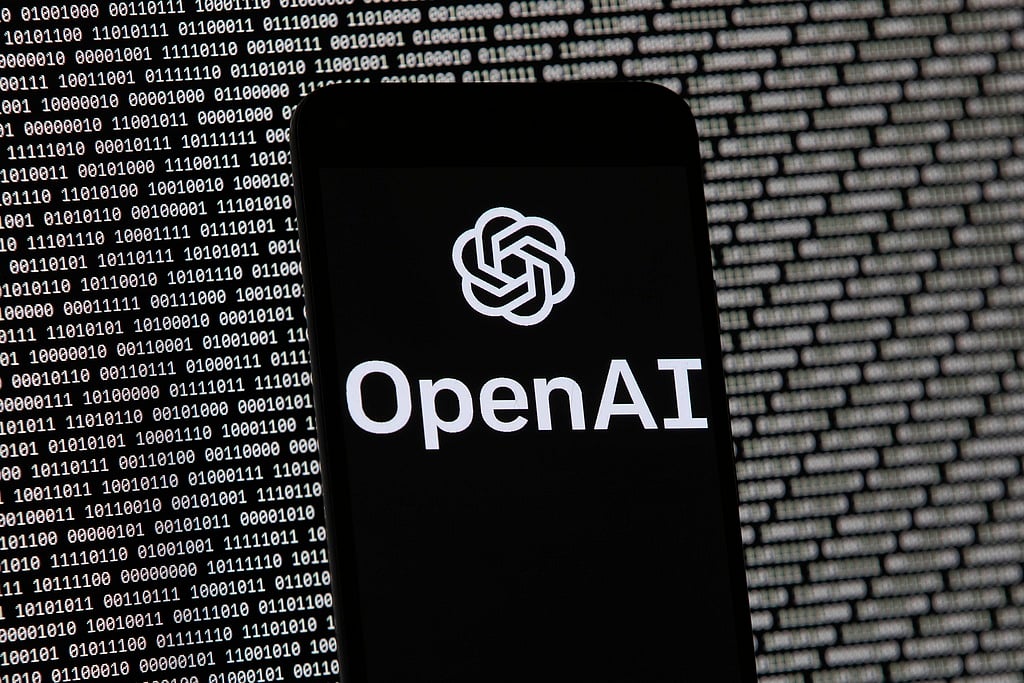AI at no charge: OpenAI hands India a free year of ChatGPT Go
A tactical giveaway aims to seed habit before rivals and regulators catch up

When OpenAI announced that every user in India who signs up after November 4 will receive twelve months of its paid ChatGPT Go plan for free, the message landed with force. This was not a cosmetic giveaway. It was the clearest signal yet that India is being positioned as a primary theatre in the global AI adoption race — not as an afterthought market.
ChatGPT Go, introduced in India at ₹399 a month, runs on GPT-5 and unlocks higher usage ceilings, image generation, file uploads and persistent memory — features previously gated behind paywalls. That entire stack is now being opened for a year, at zero cost, to the world’s densest constituency of AI-curious users.
The offer begins days before OpenAI’s first India-hosted DevDay Exchange in Bengaluru — a stage-managed signal that the company now treats India not only as a customer reservoir but as a geography to cultivate, court, and co-develop with. Moneycontrol reports that paid uptake in India has already doubled since August; the free-year gambit is clearly designed to turn momentum into habit.
India gives OpenAI two things Silicon Valley prizes: volume and speed. Tens of millions of students, freelancers, SME founders, job-seekers and creators are hunting for 'force multipliers.' Making the premium tier free for a full year is a land-grab — a way to colonise daily workflows before Google’s Gemini, Anthropic’s Claude, Perplexity, or a rising set of domestic LLMs build local loyalty.
Consequences will outlive the offer
A free GPT-5-class tier in the world’s largest youth economy will accelerate regulatory debates around AI literacy, exam integrity and labour displacement. It will also rewire expectations. Once thousands of young engineers, writers and founders use advanced AI daily, the baseline of what “software” should do — in classrooms, courts, clinics, and ministries — will shift.
Every free-year play contains a trap-door: what happens when the clock resets? OpenAI seems willing to eat that risk. It is betting that once Indians internalise the productivity delta, they will not want to revert to the throttled lane. In that sense the “giveaway” is not generosity — it is a wedge.
What India does with it is the real story. A free premium AI could create a generation of sharper self-taught builders — or a generation of shortcut-addicted imitators. The lever exists for both futures. The difference will be in practice, not access.
Network Links
GN StoreDownload our app
© Al Nisr Publishing LLC 2026. All rights reserved.